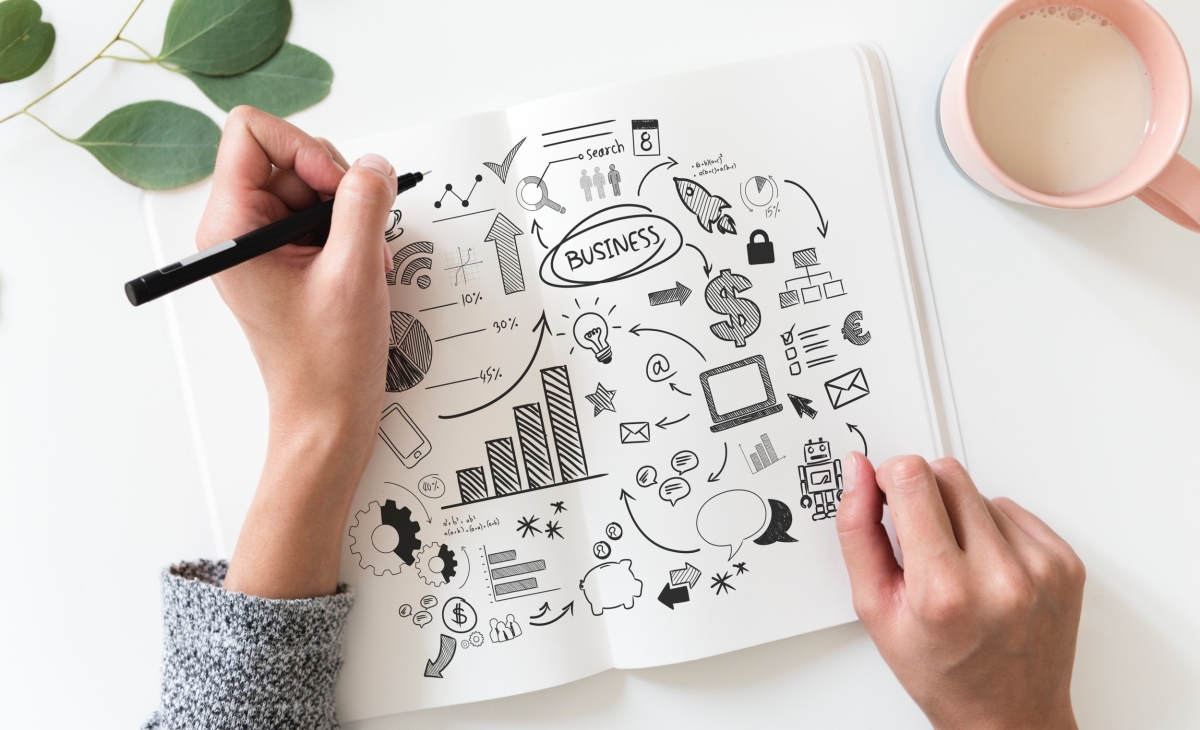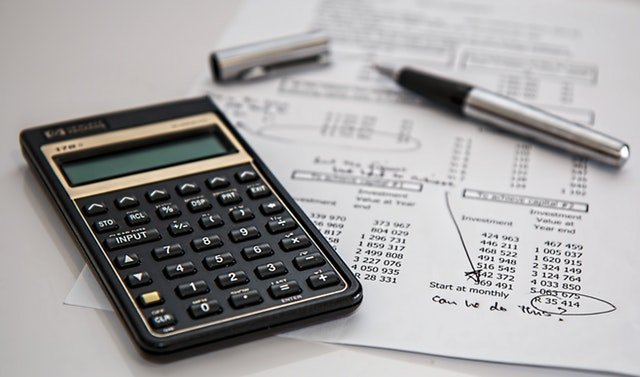When looking for a loan for your small business, it is important that you ask the right questions. A...

Lorem ipsum dolor sit amet, consectetur adipiscing elit.

When looking for a loan for your small business, it is important that you ask the right questions. A...

The SBA provides resources to small businesses all over the country. Some of the loan options they o...

So, you have applied for financing and have received a preapproval or an offer letter but how do you...

In the world of small business lending, there is a line between what is a personal expense and what ...

Personal credit plays a bigger role in obtaining a small business loan than one might think. For mos...

A line of credit can be an invaluable tool for many small business owners throughout the United Stat...

Every small business owner feels that their business needs some money to help with a variety of diff...

It’s not an ideal situation. You might be a business owner considering applying for a loan, but you’...

There is not necessarily a specific cutoff number that marks whether you can get a small business lo...

How Do I Qualify for a Small Business Loan?
Lorem ipsum dolor sit amet, consectetur adipiscing elit, sed do eiusmod tempor incididunt ut labore et dolore magna aliqua.